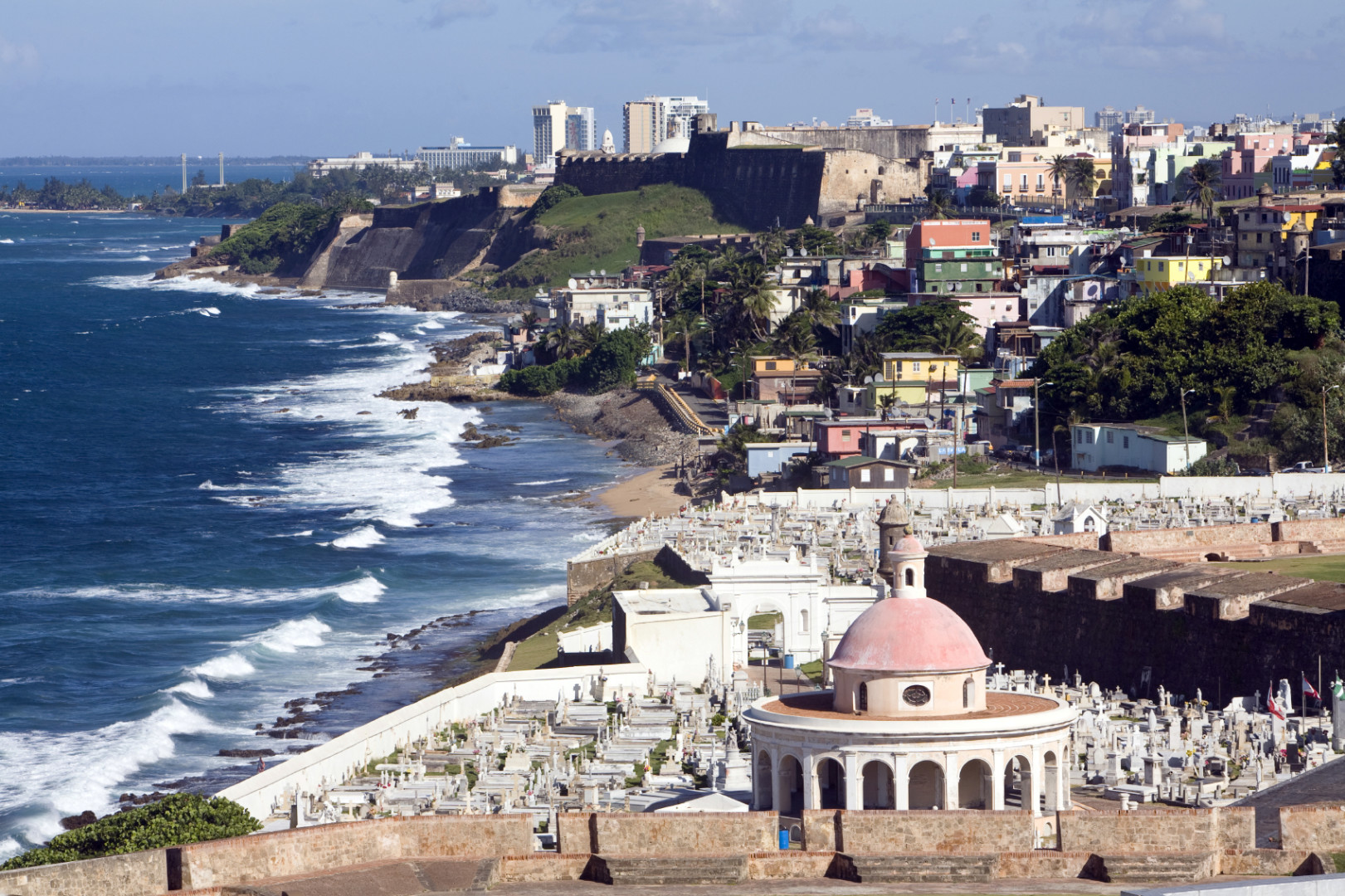The House passed a bill to address Puerto Rico’s debt crisis on Thursday with a strong bipartisan 297-127 vote. Now it’s up to the Senate to clear the legislation and send it to the White House for President Obama’s near-certain signature. Senate GOP leaders, however, haven’t hinted how they want to proceed.
Despite opposition from rank-and-file House members such as Reps. Luis Gutiérrez (D-Ill.) and Dave Brat (R-Va.), H.R. 5278 passed with support of a wide range of members with differing ideologies.
Rep. Raúl Labrador (R-Idaho), an influential House conservative and founding Freedom Caucus member, voted for the measure, which signaled to other conservatives that they could support it. The same thing happened among some liberal Democrats who previously said they were worried about how the bill’s oversight board would operate.
The bipartisan passage was largely the result of high-level endorsement on both sides. The Obama administration released a positive statement in support for the measure on Thursday morning, and both Speaker Paul Ryan (R-Wis.) and Minority Leader Nancy Pelosi (D-Calif.) embraced it in floor speeches.
“If we do nothing, the contagion will simply spread,” Ryan said. “The best chance to get this right is to pass this bill.”
Now the measure heads to the Senate, where GOP leaders don’t appear to be in any hurry to consider it. David Popp, a spokesman for Majority Leader Mitch McConnell (R-Ky.), said he has “no scheduling announcements” to make about the bill. John Cornyn of Texas, the Senate’s No. 2 Republican, has pointed to the slower pace of the legislative process in the Senate when asked about the Puerto Rico bill.
Several senators repeatedly have said, when asked, that they won’t comment on a Puerto Rico bill until it passes the House.
Now, senators from both sides of the aisle will examine the carefully negotiated bill the House passed and determine their views on it. Minority Leader Harry Reid (D-Nev.) said on Tuesday he won’t have a position on the bill until after the House has sent their complete measure, including amendments, to the other side of the Capitol.
After the House passed the legislation, the White House made it clear that it wants the Senate to move as quickly as possible.
“The Senate should act expeditiously to review and vote on this measure, so the President can sign the bill into law ahead of the critical July 1st debt payment deadline,” White House Press Secretary Josh Earnest said in a statement.
The House-passed bill contains few, if any, controversial additions from the committee version. The House Rules Committee, which Rep. Pete Sessions (R-Texas) chairs, mostly swatted away the several dozen amendments filed on the bill by ruling them out of order.
Major opponents on both sides — notably Gutiérrez and Rep. John Fleming (R-La.) — tried to add amendments that would have altered some of the bill’s carefully negotiated language on debt restructuring and the oversight board. But the committee ruled them out of order.
Democrats did get a chance to vote on a minimum wage amendment that Rep. Rob Bishop (R-Utah), the chairman of the House Natural Resources Committee, ruled out of order during last month’s vote on the bill.
The amendment, offered on the floor by Rep. Norma Torres (D-Calif.), would have stripped a section of a bill that allows Puerto Rico’s governor to lower the minimum wage for certain workers on the island. The amendment failed with a mostly party-line 225-196 vote.

